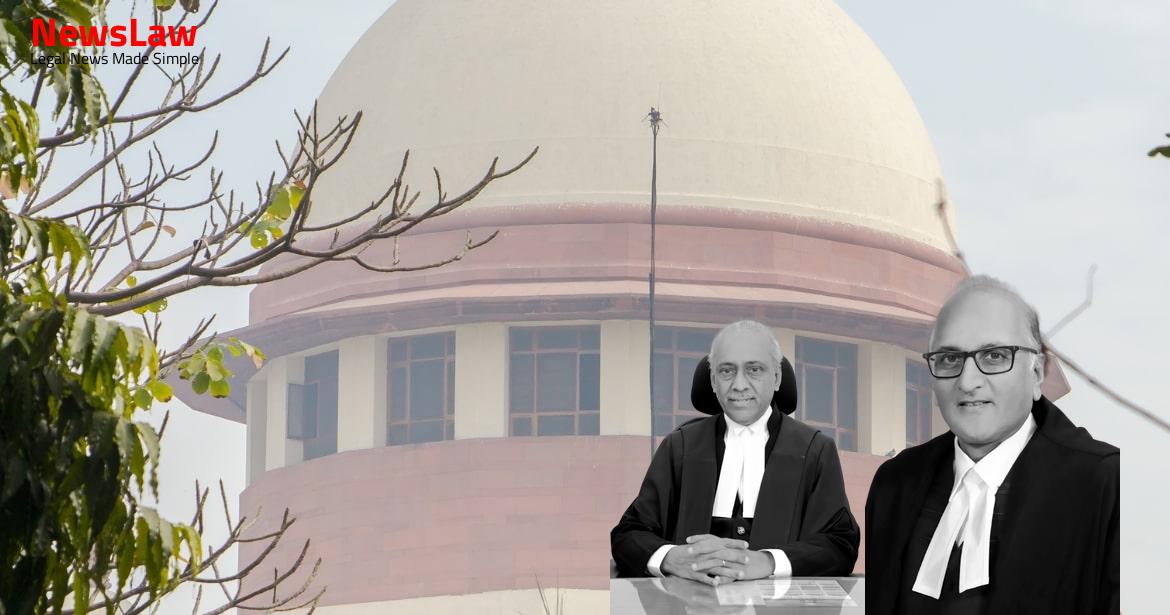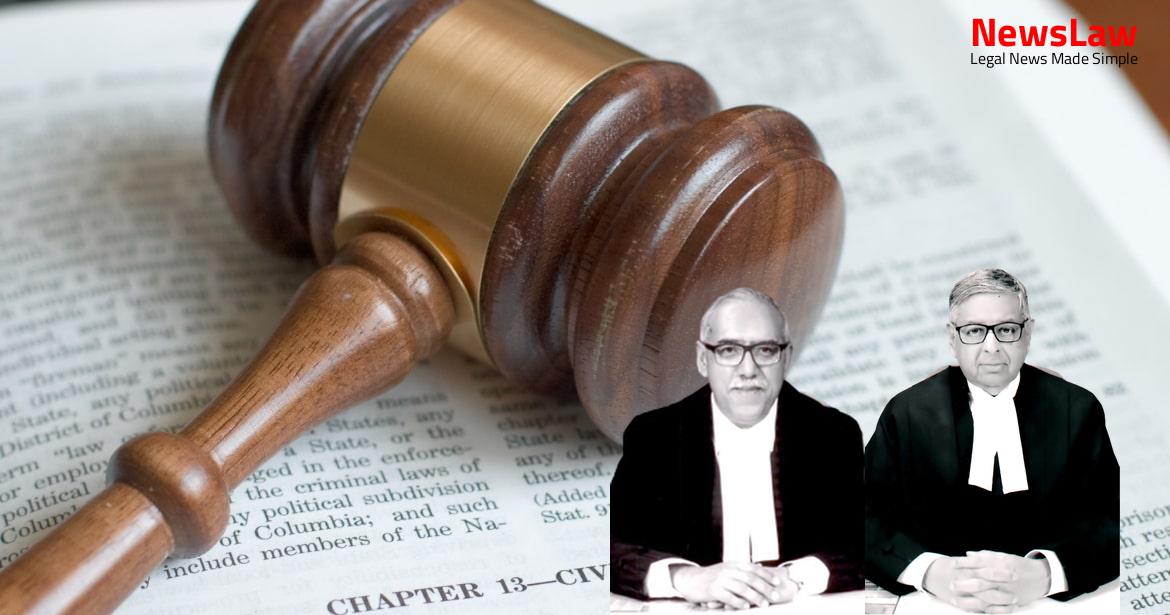In the realm of arbitration cases, the allocation of jurisdiction holds significant weight. A recent legal analysis by the court sheds light on the importance of determining the designated seat of arbitration. This blog delves into the crucial aspect of jurisdictional clarity in arbitration cases and the implications it carries. Stay tuned to understand the intricacies of jurisdiction in legal proceedings.
Analysis
- The section begins with a non-obstante clause.
- The section states that in cases where an arbitration agreement is involved and an application has been made in a court under this Part, the court would have jurisdiction to decide all other applications.
- In the case of Bharat Aluminium Company vs. Kaiser Aluminium Technical Services, it was found that both Delhi and Faridabad Courts would have jurisdiction due to the execution of the contract and part of the cause of action arising in Faridabad.
- Since the Faridabad Court was invoked first in the mentioned case, Section 42 of the Arbitration Act would apply, giving jurisdiction to the Faridabad Court for all other applications.
- In the case of BGS SGS Soma JV vs NHPC Ltd., it was observed that Section 42 of the Act is crucial and not rendered ineffective or useless as argued in a previous case.
- To avoid conflicts in jurisdiction, supervisory jurisdiction over all arbitral proceedings should be in one Court exclusively.
- If no “seat” is designated or if the “seat” is just a venue, there may be multiple Courts with jurisdiction based on where the cause of action arises.
- Applications must be made to a Court with jurisdiction to decide on the application.
- Courts at the designated seat have exclusive jurisdiction when a seat is specified in the agreement.
- All applications under Part I should be made in the Court where the seat is located.
- The Court at the seat has jurisdiction over all arbitral proceedings and related applications.
- Section 42 remains effective in this context and is not rendered useless.
- The law stated by the Bombay and Delhi High Courts regarding the exclusive jurisdiction of the courts where the seat of arbitration is located is incorrect and overruled.
- Once the seat of arbitration is designated, it becomes an exclusive jurisdiction clause, giving jurisdiction only to the courts where the seat is located to the exclusion of all other courts.
- In the specific case where New Delhi was the chosen seat of the parties, any application made to a court outside New Delhi would be made to a court without jurisdiction.
- Following the precedent set by BGS SGS Soma JV, only the courts at New Delhi would have jurisdiction for the purposes of challenging the Award.
Also Read: Legal Analysis on Physical Ability in Rape Case
Decision
- Transfer petitions allowed as per the terms stated in the judgment
- Section 34 application filed at Faridabad Court transferred to the High Court of Delhi at New Delhi
- Respondents can move petitions under Section 36 of the Arbitration Act once cases are instituted in Delhi High Court
- IAs disposed of accordingly
- Appeal disposed of accordingly
- Status quo to operate for eight weeks from today
- Seat designated as New Delhi in each case
- Section 34 petitions transferred to High Court of Delhi at New Delhi based on previous judgment
- Objections filed under Section 34 being out of time cannot be considered
Also Read: Legal Analysis on Admissions and Document Consideration in Insolvency Case
Case Title: HINDUSTAN CONSTRUCTION COMPANY LTD Vs. NHPC LTD (2020 INSC 272)
Case Number: T.P.(C) No.-003053 / 2019



